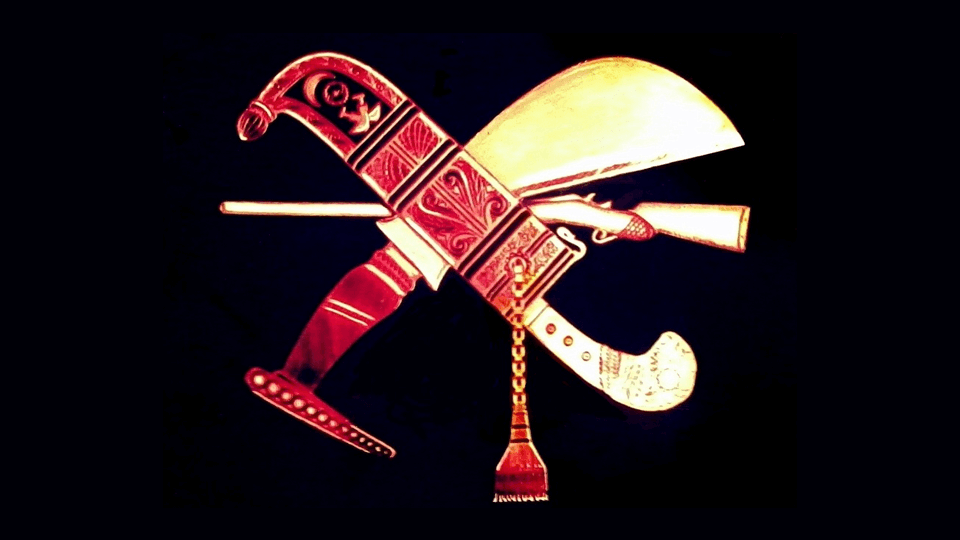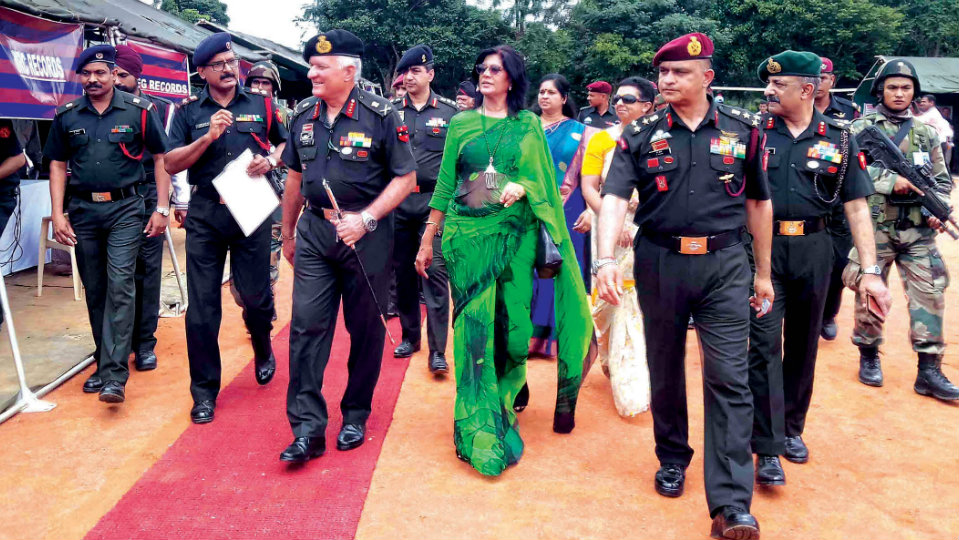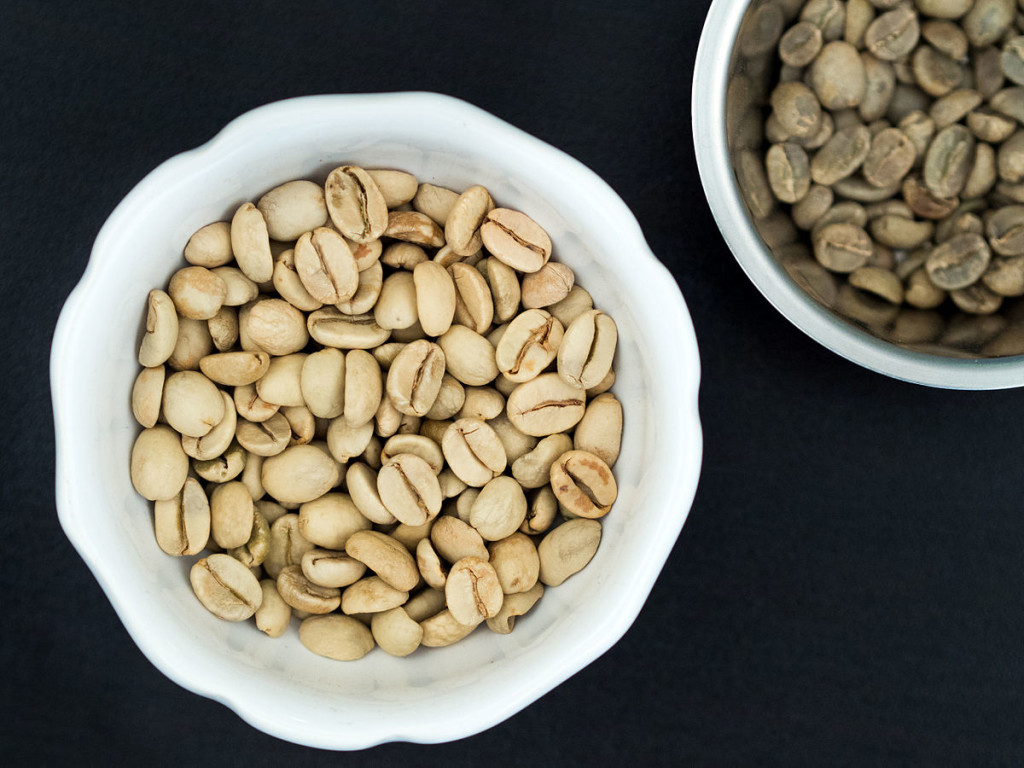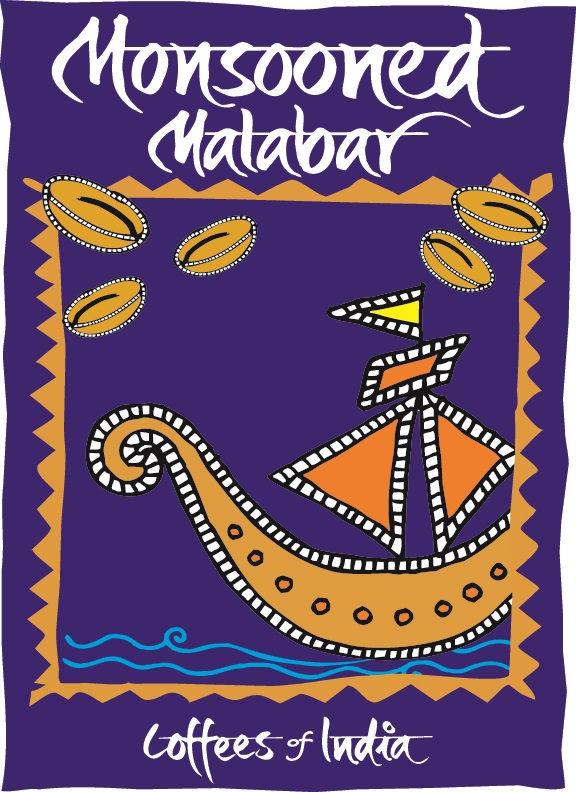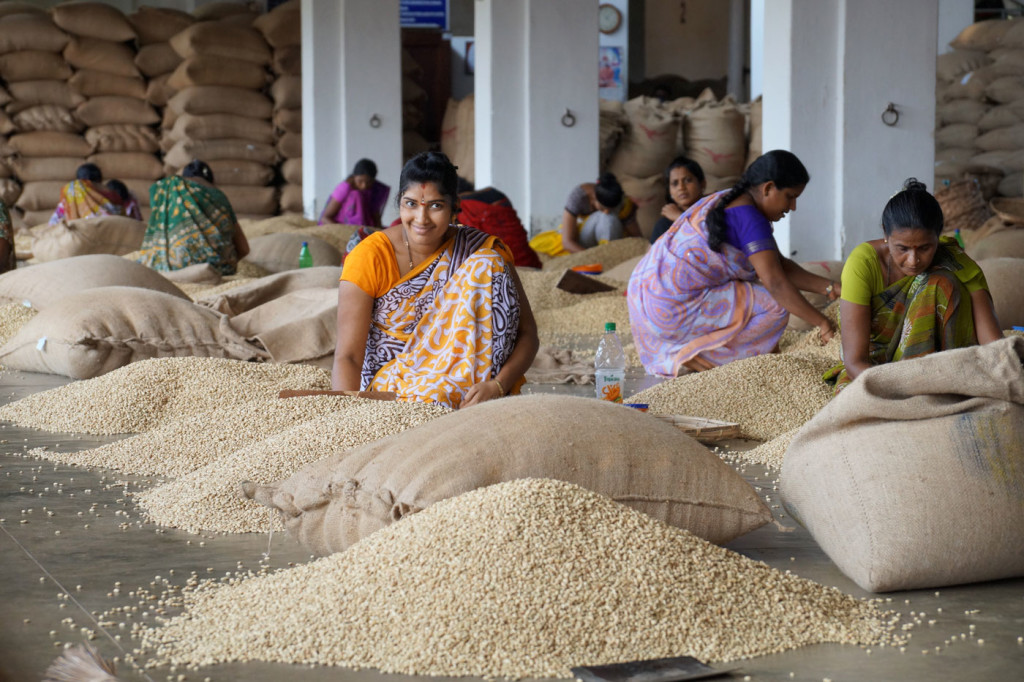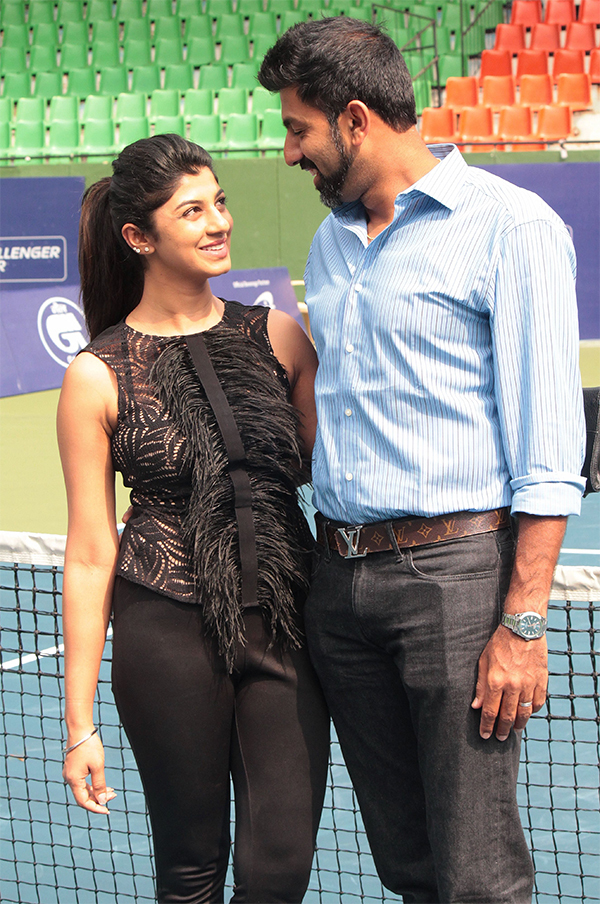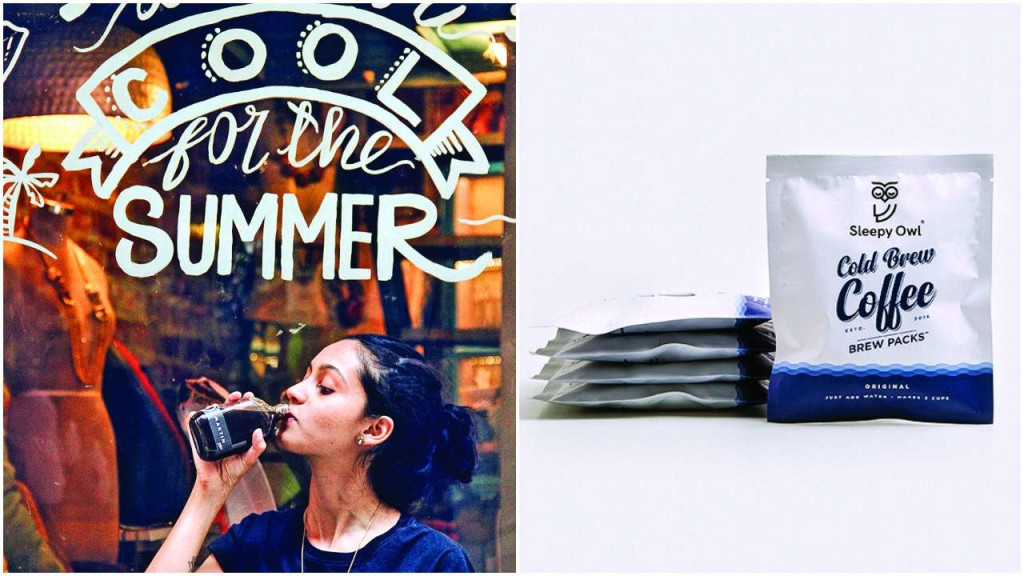‘There is still a hill or two, a waterfall, a vista of mist and rain rolling over silent, jagged, kind mountains that people don’t know of’
Home is a thing of the distant past. Can one ever go home again? Every time I go to Madikeri, my home in the hills, I go as a tourist, accumulating short capsules of anecdotes, wispy feelings, a breeze or two that I will think about later with mild longing. But then, I do believe that one can never really leave home. I carry its many notions beneath my skin, “in the gristle of my earlobes” even.
Madikeri, spelled just this way, thank you very much, used to be a slightly outgrown village with village-ish camaraderie among its people and small-townness in the display of their attitudes, albeit with some stray cosmopolitan allowances if you would seek them out. If you knew about it, and not many did, in the early 2000s, you could go to Periyan’s for a burger, priced an extravagant ₹60 and served with salty potato chips plus some ketchup on the side.
Then the tourists ‘discovered’ Coorg, or preferably Kodagu, and it has gotten enmeshed in the grand traditions of hill-stations favoured by cantankerous tourists to become a slight city. The ruins present a clichéd narrative: filth everywhere, entitled arrogance of the city-people, high rentals for locals, new faces that refuse to be friendly or care about your private businesses any longer. The town/ city in a crisis of identity loathes and loves its perpetrators.
When someone arrives in Madikeri and asks how to get to Coorg/ Kodagu, that’s asking for loathing though. Madikeri is to Kodagu what Calangute/ Anjuna is to Goa. Please to be noted.
High life
There is still a hill or two, a waterfall, a vista of mist and rain rolling over silent, jagged, kind mountains that these people don’t know of. They are where you still see why Kodagu is the Scotland of India. While the point of epithets in general escapes me, the land that will always decorate the longings of my skin is ancient, is affecting, is as phantasmagorical as the Scottish Highlands I once traversed. I will not name these hills and vistas here.
What I will write though is of the best biscuits from Bangalore Food Products (BFP), the sole large bakery in Madikeri at one time. The biscuits are made from refined flour, white sugar, tutti-frutti, a questionably-made product in itself, and they are absolutely talk-to-everyone-about-it amazing. They are packed in transparent, nameless packets. Sometimes, when sold in retail outlets around town, there is a price label, for the Others; most locals know how much it costs.
White bread works
BFP is placed halfway on the eponymously named Industrial Estate — a sole long road flanked by the townly Kohinoor Road on one side and by a section of town that used to be mostly residences on the other. The bakery supplied (still does) loaves of bread around the district. The bread, once an occasional treat, was white with thin browned sides — no new-age healthy brown and multigrain nonsense for us back then. A window in the bakery that opened to the road was large enough to accommodate a swirl of smells from all the cakes and other bakes, becoming an aroma that you just had to stop and get a slice of. Else, you could walk a few metres to the back and enter the bakery. It was like entering a warm cocoon of gluttony in my district’s cold months.
The best biscuits are crisp like shortbread, softer than biscotti, and unlike most local bakery biscuits, long like a stubby finger and studded with tutti-frutti. I bite into one. A bit breaks off without effort. A few crumbs land on my lap, some on the ground that one of my four furry fellows will find, sniff and polish off later. I chew on the biscuit slowly, willing Madikeri to be “home” again. But home too is elsewhere, made up more of parts than one rooted whole.
It is complicated: these unnecessary feelings of comings and goings. The biscuit is simple: I’ve never found its equivalent anywhere else, wouldn’t care to either. By the time I am through half a packet, I have replicated what evenings in Madikeri used to be like. Coffee with BFP biscuits: that is all there is to it.
When not flâneuse-ing someplace, the writer can be found at the mercy of her brood of rescued mutts.
source: http://www.thehindu.com / The Hindu / Home> Life & Style> Travel / by Deepa Bhasthi / May 26th, 2018

